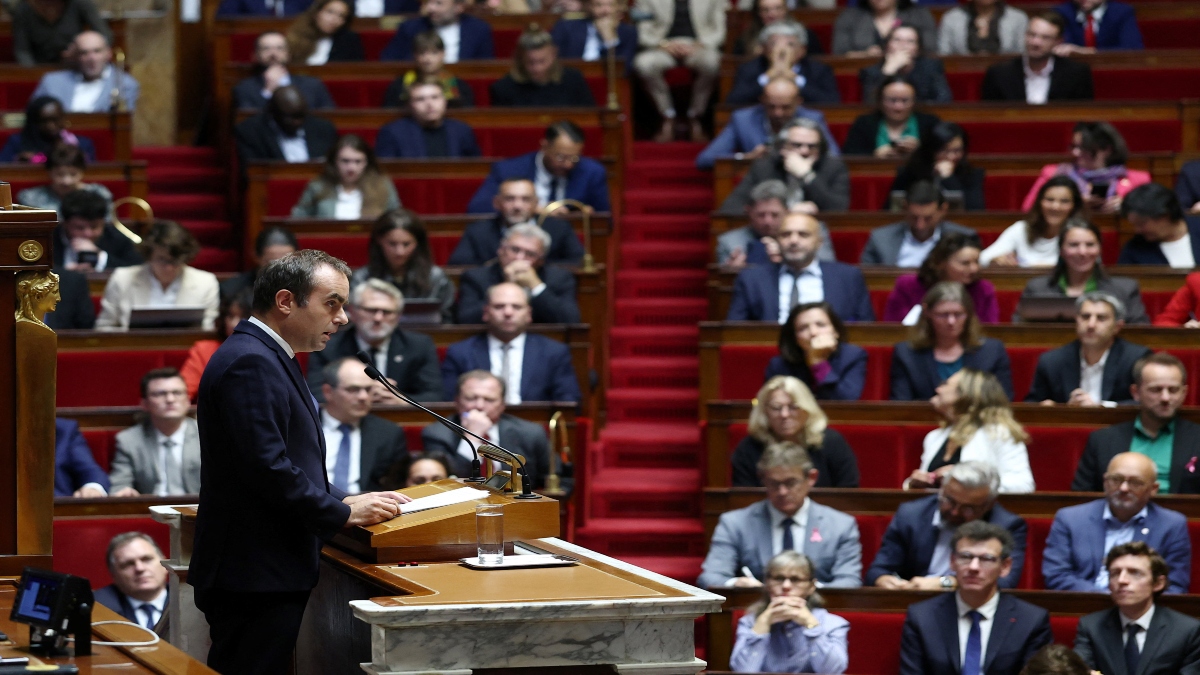French Prime Minister Sébastien Lecornu on Tuesday announced that he will propose suspending the controversial 2023 pension reform, which raised the retirement age from 62 to 64, in a bid to secure parliamentary support for his fragile government.
“I will propose to parliament this autumn that we suspend the 2023 pension reform until the presidential election. There will be no increase in the retirement age from now until January 2028,” AFP quoted Lecornu a telling lawmakers during his highly anticipated policy speech.
The Socialists, a key voting bloc in a fractured parliament, had said they would file a motion to oust Lecornu’s new cabinet if he did not immediately suspend the measure.
Lecornu also asked lawmakers not to use the vote on the budget as a pretext to vote his government out.
“There is no longer any pretext for a no-confidence motion,” The Guardian quoted him as saying.
Lecornu’s decision signals a tacit acknowledgment by President Emmanuel Macron that shelving the controversial pension reform — long viewed as a cornerstone of his economic legacy — was the only viable path to securing the survival of his government’s latest prime minister, the sixth in under two years.
The 2023 pension reform, which the government pushed through without a parliamentary vote, triggered months of nationwide protests and unrest.
In an effort to win over opposition support, Lecornu earlier this month pledged not to bypass parliamentary debate in the future, promising that all legislation would be subject to full discussion in the National Assembly.
Impact Shorts
More ShortsHowever, Lecornu cautioned lawmakers against viewing the suspension as purely symbolic. “Suspending for the sake of suspending makes no sense,” he said, framing the pause as a chance to chart a new path forward.
The suspension of the reform is expected to cost the government approximately €400 million ($463 million) in 2026 and €1.8 billion in 2027. Lecornu stressed that these costs must be offset by spending cuts rather than adding to the national deficit.
In a bid to find broader consensus, the former defence minister also proposed the creation of a working group to re-examine the pension system.
He said it should focus on improving pension outcomes for women and addressing difficult working conditions across various sectors.
“This conference will have time to reach a decision before the presidential election” in 2027, he told lawmakers.
Any conclusion, he said, will then be put forward to a vote by parliament.
“The government will make suggestions, we will debate, and you will vote,” Lecornu said.
With inputs from agencies
)